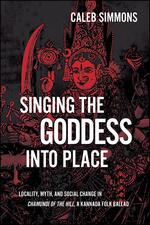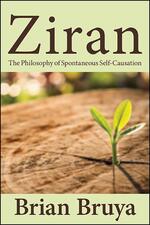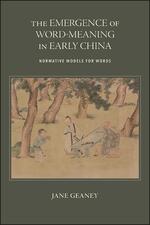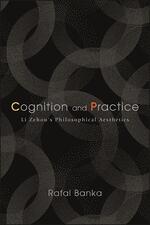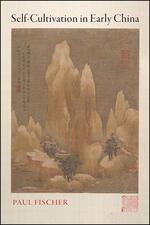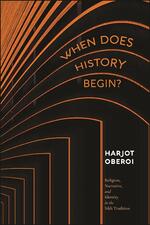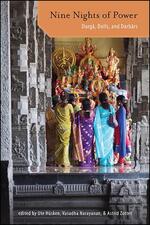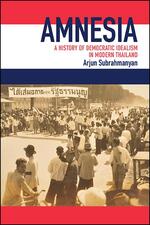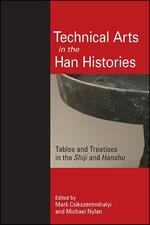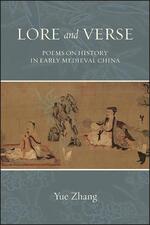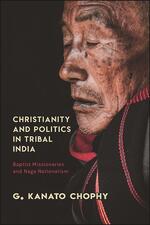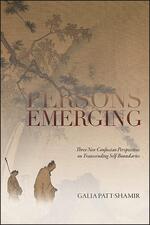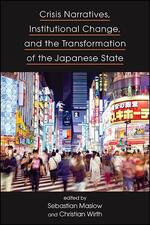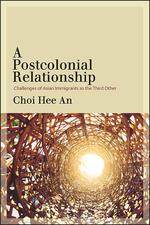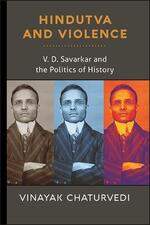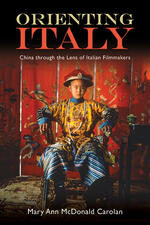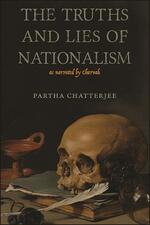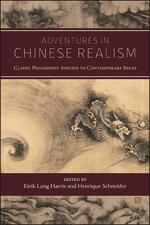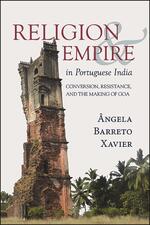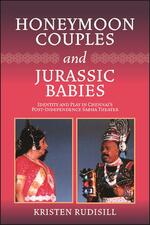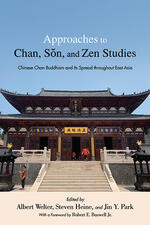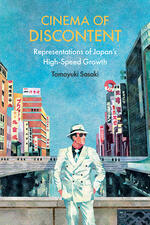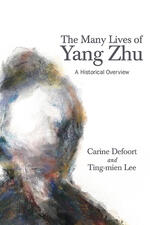Fall 2022 - Asian Studies
Singing the Goddess into Place
Explores how a folk ballad in southern India transforms the landscape and embeds the deities that are its subject within the social worlds of their devotees.
Ziran
The ancient concept of spontaneous self-causation (ziran) from Daoism opens a path to understanding human action as self-organizing, attention as effortless, and art as somatic.
The Emergence of Word-Meaning in Early China
Posits the origin of a specifically Chinese concept of “word-meaning,” and sheds new light on the linguistic ideas in early Chinese philosophical texts.
Cognition and Practice
Explores the aesthetic theory of one of China's most important and influential contemporary philosophers.
Self-Cultivation in Early China
An introduction to ancient Chinese ideas on how to live a good life.
When Does History Begin?
Documents how the premodern techniques of narrating the past in South Asia were deeply transformed by colonial modernity, resulting in newer forms of truth-telling within the Sikh community.
Nine Nights of Power
Explores the rich diversity of narratives, rituals, and participants connected with one of the most important celebrations for Hindus in South Asia and in the diaspora.
Amnesia
Describes the profound social impact of the overthrow of the Thai absolute monarchy in 1932, and explains the importance of democracy in a country long known for authoritarian politics.
Art Activism for an Anticolonial Future
Analyzes socially engaged art practices worldwide, linking them to decolonial struggle and critique.
Technical Arts in the Han Histories
The first concerted attempt to analyze how the histories Shiji and Hanshu described the technical arts as they were applied in vital areas of the administration of pre-Han and Han China.
Lore and Verse
Explores how poetry was used to disseminate and interpret history in early medieval China.
Christianity and Politics in Tribal India
Chronicles the astonishing and counterintuitive spread of Christianity among a group of previously isolated tribes in a remote and hilly part of Northeastern India.
Persons Emerging
Offers three neo-Confucian understandings of broadening the Way as broadening oneself, through an ongoing process of removing self-boundaries.
Crisis Narratives, Institutional Change, and the Transformation of the Japanese State
Looking at Japan, traces crisis narratives across three decades and ten policy fields, with the aim of disentangling discursively manufactured crises from actual policy failures.
A Postcolonial Relationship
Offers an Asian immigrant perspective on US racial relations and explores the unique situations and challenges facing Asian immigrants in the United States.
Hindutva and Violence
Examines the place of history in the political thought of Vinayak Damodar Savarkar, one of the key architects of modern Hindu nationalism.
Orienting Italy
Explores Italian filmmakers' representations of China and the Chinese, both at home and abroad.
The Truths and Lies of Nationalism as Narrated by Charvak
Rejects Hindu nationalism and pluralist secularism in favor of a revitalized politics of Indian federalism.
Adventures in Chinese Realism
Relates Chinese Realism to contemporary political and ethical challenges, such as in international relations and the morality of the public sector.
Religion and Empire in Portuguese India
Examines the colonization of Goa in the sixteenth and seventeenth centuries and the durability of Portuguese rule.
Honeymoon Couples and Jurassic Babies
Contextualizes Sabha Theatre historically, politically, and aesthetically, revealing how it expresses a Tamil Brahmin identity that is at once traditional and modern.
A Conceptual Lexicon for Classical Confucian Philosophy
Uses a comparative hermeneutical method to explain the most important terms in the classical Confucian philosophical texts, in an effort to allow the tradition to speak on its own terms.
Approaches to Chan, Sŏn, and Zen Studies
A comprehensive treatment of the shared traditions of Chan, Sŏn, and Zen in dynamic interaction across East Asia, acknowledging the changing and growing parameters of the field of Zen studies.
Cinema of Discontent
Uses popular films to reveal the tensions generated during Japan’s postwar "economic miracle," challenging the prevailing view that it was a story of great national success.
The Many Lives of Yang Zhu
Presents the most important portrayals of the Daoist master Yang Zhu throughout Chinese history, from the Warring States period until today.
